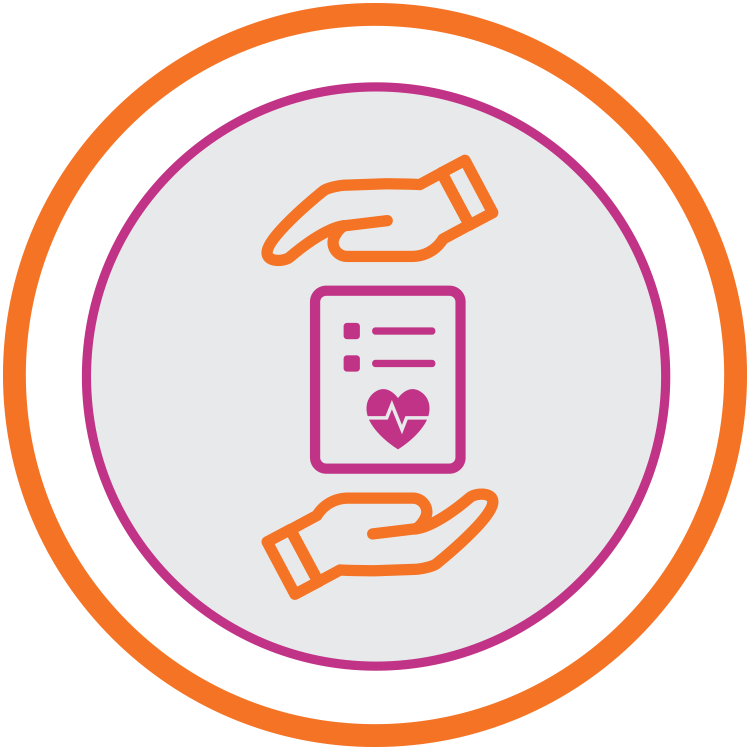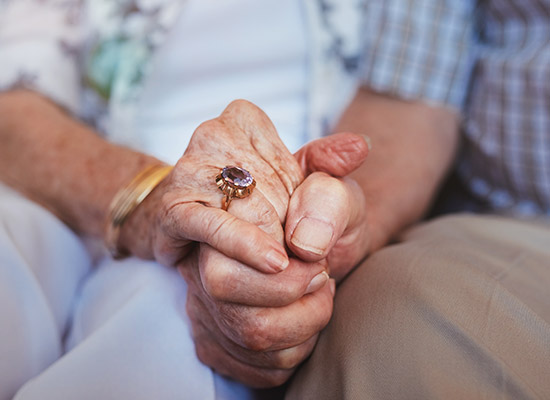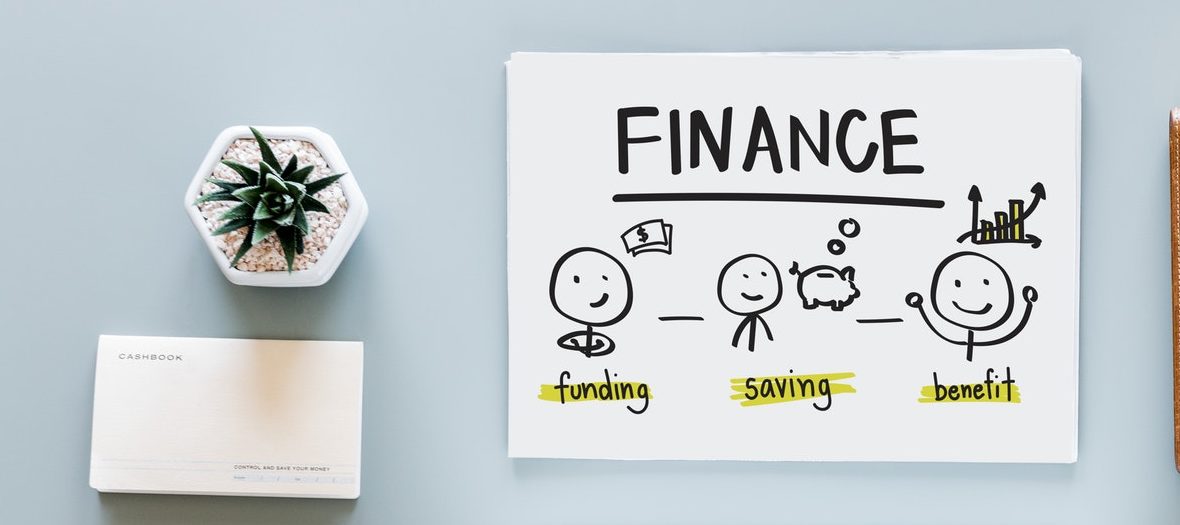 Rest and sleep: Inadequate sleep and lack of adequate rest can add to the pressures of caring. Aim to get 6-8 hours of sleep to refresh and rejuvenate. Top it up with naps during the day if possible.
Rest and sleep: Inadequate sleep and lack of adequate rest can add to the pressures of caring. Aim to get 6-8 hours of sleep to refresh and rejuvenate. Top it up with naps during the day if possible.
If you’re stressed or feel your mind is overactive and unable to unwind, there are simple steps you can take to calm down. Skipping stimulants like coffee or caffeinated drinks, avoiding big meals before going to sleep, exercising during the day, practicing relaxation techniques and making sure the room is dark at bedtime are some things that can help.

Watch out for signs of stress: Common symptoms include headaches, neck pain, backache or other physical ailments like heartburn, stomach upset, vomiting, chest pain, nausea, bloating and abdominal pain. You might feel tired and overwhelmed all the time, become easily irritated or angry, feel sad often and lose interest in the things you enjoyed.
If you feel you’re not coping and need help, talk to your GP, contact the Commonwealth Resource Centre to be directed to your local support centres or call 1800 242 636 (free call from local phones, mobile calls at mobile rates).
 Take a break: A break, even just for a few hours, can make a world of difference and help sustain your functions as a carer. Contact the Commonwealth Carer Respite Centre on 1800 422 737 during business hours or 1800 059 059 for emergency respite support outside standard business hours (freecall except from mobile phones).
Take a break: A break, even just for a few hours, can make a world of difference and help sustain your functions as a carer. Contact the Commonwealth Carer Respite Centre on 1800 422 737 during business hours or 1800 059 059 for emergency respite support outside standard business hours (freecall except from mobile phones).
You can also contact Carer Gateway on 1800 422 737 for help.
 Connect with other carers: Sometimes just talking to someone can ease your mind. Connecting with other carers can be less isolating. Carers often connect in hospital waiting rooms and during check-ups at the clinic.
Connect with other carers: Sometimes just talking to someone can ease your mind. Connecting with other carers can be less isolating. Carers often connect in hospital waiting rooms and during check-ups at the clinic.
Tx Parents Connect is Transplant Australia’s online peer support group for primary carers of child, teen, and young adult transplant recipients. If you are interested in finding out more, click here.
If you are looking for a different type of support group, Carer Gateway may be able to direct you to a carer group. This interactive service finder can connect you to local support services.



 Drinking enough and eating healthy: Make sure you drink plenty of fluids, especially water. It’s easy to ignore signs of thirst and hunger.
Drinking enough and eating healthy: Make sure you drink plenty of fluids, especially water. It’s easy to ignore signs of thirst and hunger.
 Rest and sleep: Inadequate sleep and lack of adequate rest can add to the pressures of caring. Aim to get 6-8 hours of sleep to refresh and rejuvenate. Top it up with naps during the day if possible.
Rest and sleep: Inadequate sleep and lack of adequate rest can add to the pressures of caring. Aim to get 6-8 hours of sleep to refresh and rejuvenate. Top it up with naps during the day if possible.
 Take a break: A break, even just for a few hours, can make a world of difference and help sustain your functions as a carer. Contact the
Take a break: A break, even just for a few hours, can make a world of difference and help sustain your functions as a carer. Contact the  Connect with other carers: Sometimes just talking to someone can ease your mind. Connecting with other carers can be less isolating. Carers often connect in hospital waiting rooms and during check-ups at the clinic.
Connect with other carers: Sometimes just talking to someone can ease your mind. Connecting with other carers can be less isolating. Carers often connect in hospital waiting rooms and during check-ups at the clinic. Get familiar with medications, doses and their storage
Get familiar with medications, doses and their storage Caring might mean facing financial burdens and a loss of independence if you have had to give up paid work. Additionally, returning to work after the responsibilities of care have reduced can be challenging.
Caring might mean facing financial burdens and a loss of independence if you have had to give up paid work. Additionally, returning to work after the responsibilities of care have reduced can be challenging.

Recent Comments